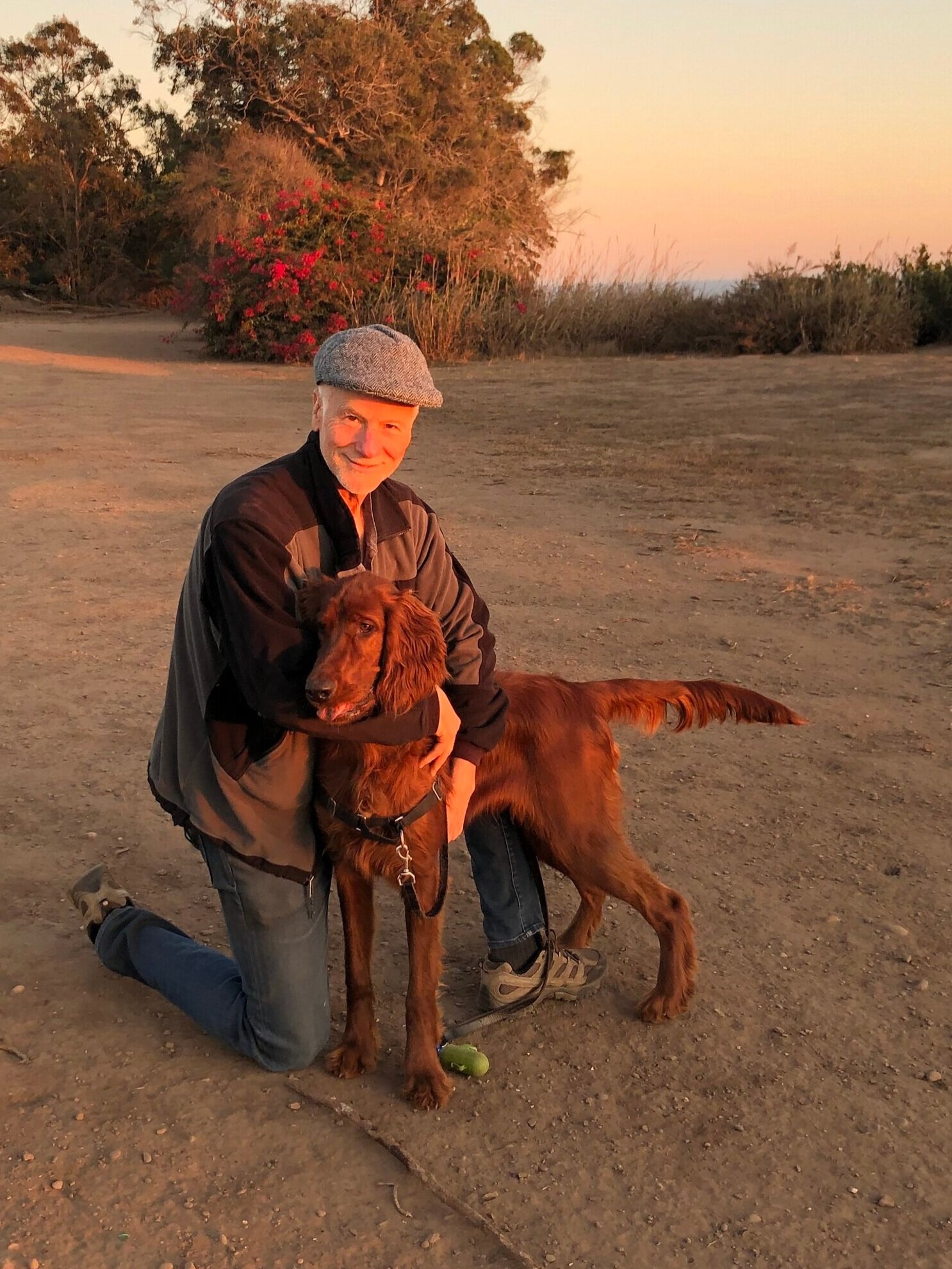On Literature and Psychological Growth
/The world’s greatest literature contains the profoundest insights into the human condition ever expressed. More than the writings of psychology, psychiatry, philosophy or religion, the greatest of literary writers have used their art to depict the subtleties of our behavior and motivation in ways that are both astonishing and beautiful. I feel that a regular practice of reading the best of world literature aids tremendously in the process of self development, and over time becomes a pleasure of unsurpassed quality.
The finer pleasures require a certain amount of discipline, especially at the outset. It is easier to eat fast food than to prepare and enjoy a wonderful meal made of fresh, organic ingredients, but the outcome is different both in terms of pleasure and wellbeing. As the Cat in the Hat wisely said, “it’s fun to have fun but you’ve got to know how.” When one shifts from reading catchy but poor quality writing to the best literature, at first one may experience restlessness or boredom, since the arc of narrative is often much longer, character development is slow and the time sense is dilated (especially in nineteenth century literature). An analogy might be switching from cocaine to fine tea.
As we learn to slow down, calm down and reduce the hurry to find out “what happens,” however, we may notice a growing appreciation of the beauty of language, the layering of perspective about character, and we may be startled by the penetrating vistas into the human experience that open before us. Even if our attention span or circumstances only allow us to read a few pages before bed, over time entire novels will be completed and we can advance through many of the greatest works ever written.
Where to start? It depends on our circumstances, age, what and when we delved into reading earlier in life, how it was taught in school, and what our needs are at a given time. Often we try a novel at a stage of life in which we aren’t ready for it, e.g. high school, and become discouraged. For example, I had somehow missed reading Moby Dick until the age of 54, a rather astonishing fact given my passion for literature and the book’s stature in world literature. When I finally approached it, I was dumbfounded by its brilliance, poetry, wisdom, and its comprehensive perspective on life. Another example: even with a personal connection to the family of the German Nobel Laureate Thomas Mann, I had avoided The Magic Mountain until my 59th year, when I was finally able to savor it in all its richness.
I often give reading lists tailored to my patients, as an aspect of cultivating an “inner life.” While each list is different, there are some foundational books I usually include as I feel they are among the most profound and influential I know of. A partial list might include:
Hermann Hesse:
-Siddhartha
-Narcissus and Goldmund
Leo Tolstoy:
-Anna Karenina
-The Death of Ivan Ilyich
-War and Peace
Feodor Dostoevsky:
-The Brothers Karamazov
Charles Dickens:
-David Copperfield
D.H. Lawrence:
-Sons and Lovers
-Lady Chatterly’s Lover
Aldous Huxley:
-Island
-Brave New World
Hermann Melville:
-Moby Dick
Jane Austen:
-Pride and Prejudice
Charlotte Bronte:
-Jane Eyre
Emily Bronte:
-Wuthering Heights
Gustave Flaubert:
-Madame Bovary
Kazuo Ishiguro:
-The Remains of the Day
Yukio Mishima:
-Spring Snow
Thomas Mann:
-Death in Venice
Somerset Maugham:
-The Moon and Sixpence
